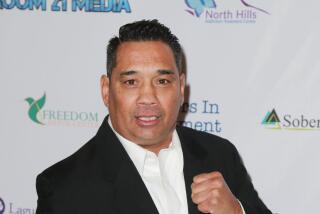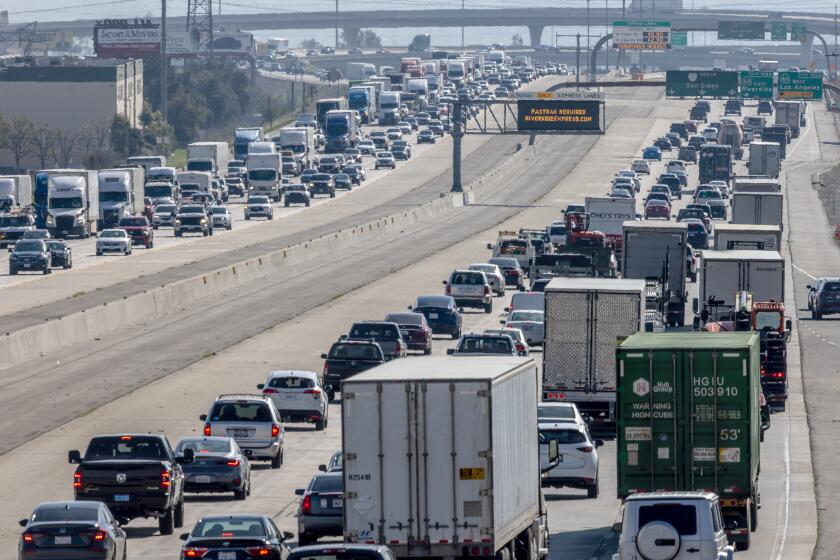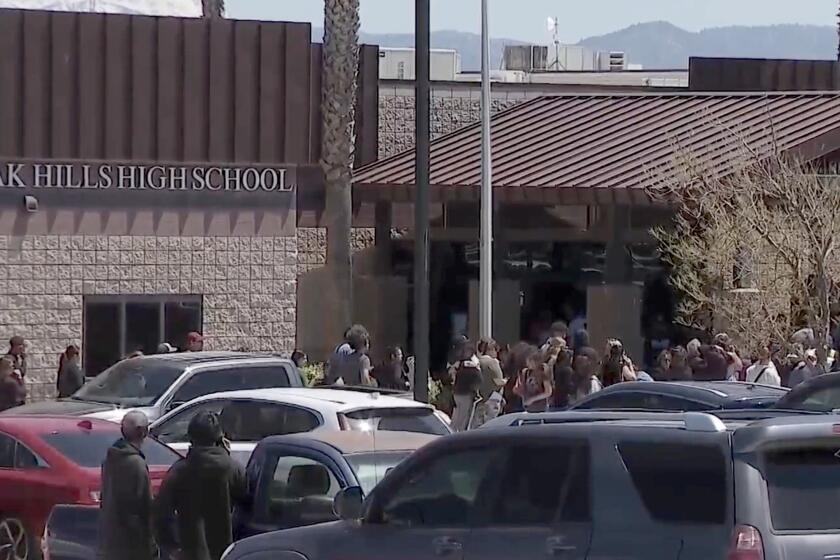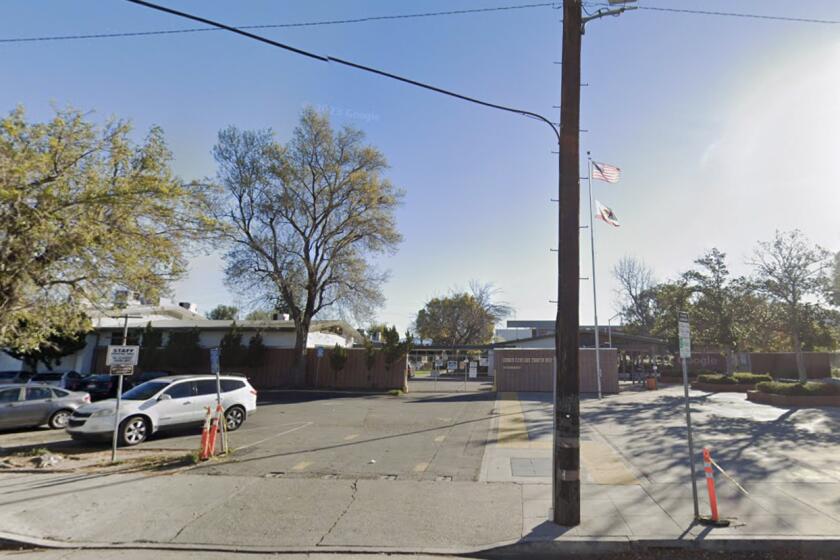Labor relations board rules against San Diego’s pension cutbacks
A new state labor board ruling casts doubt on San Diego’s aggressive pension cutbacks and orders the city to spend millions creating retroactive pensions for roughly 2,000 employees hired since those cutbacks took effect.
City Atty. Jan Goldsmith said he hopes to quickly get City Council approval to appeal Tuesday’s ruling by the Public Employment Relations Board, which he has criticized as staunchly pro-union.
Goldsmith predicted that a state appellate court would nullify the ruling and vindicate the pension cutbacks, which city voters easily approved as Proposition B in 2012. The measure replaced guaranteed pensions with 401(k)-style retirement plans for most new city hires.
Labor leaders on Wednesday praised the board’s ruling and urged city officials to accept defeat so they could rein in the potentially spiraling costs of the litigation. They contend that former Mayor Jerry Sanders and other city officials illegally put Proposition B on the ballot without conferring with labor groups.
“The city’s bill is going to keep accumulating with interest, and it will only get more expensive if they keep filing appeals,” said Michael Zucchet, general manager of the Municipal Employees Assn.
Many city budget projections and proposals rely on future pension savings created by Proposition B, so any softening or elimination of the measure could have a significant effect.
Zucchet said the city has hired roughly 2,000 employees without pensions since the cutbacks took effect in July 2012, noting that Tuesday’s ruling requires the city to backfill pensions for those workers, pay them 7% interest as a penalty and cover their attorney’s fees.
“I don’t know whether it’s $5 million or $500 million, but if I had to guess I’d say it’s somewhere in the $100-million range,” Zucchet said.
Goldsmith called the ruling unsurprising and said he was confident it would be overturned based on past Public Employment Relations Board defeats by the city. The board tried to keep Proposition B from going to voters, and was rejected when it tried to block implementation of the measure after voter approval.
“It was fully expected,” said Goldsmith, who has previously lobbied to have the case heard in a court of law instead of by a labor relations board. “If the council authorizes an appeal to the courts, we are confident that PERB will lose again. The law does not give labor unions the power to negotiate the terms of a citizens’ initiative.”
Zucchet said a previous attempt by Goldsmith to eliminate the board from the process was rejected by California’s 4th District Court of Appeal, the same court that would handle any appeal by the city on the ruling.
“The city attorney can play this off as no big deal, but they thought it was a big enough deal that they tried to stop the whole thing back in 2012 and the 4th District Court of Appeal said no,” Zucchet said.
Since the litigation was filed, city officials have raised questions about how to comply with what the city’s labor unions are seeking.
Those questions include whether employees without pensions would have to retroactively pay thousands in matching pension contributions they haven’t been making over the last three years and whether the city’s contributions to 401(k) plans for employees without pensions would mitigate how much the city owes them retroactively.
Zucchet said he sympathizes with city officials on those points.
“One thing we agree on is, this is a huge can of worms in terms of questions,” he said.
david.garrick@sduniontribune.com
Garrick writes for the San Diego Union-Tribune.
ALSO
Transforming the end of the 2 Freeway could be the beginning of a new L.A.
California cranks out new businesses and jobs despite criticism
Sticker shock: Uber’s NYE surge pricing outrages some passengers
More to Read
Start your day right
Sign up for Essential California for news, features and recommendations from the L.A. Times and beyond in your inbox six days a week.
You may occasionally receive promotional content from the Los Angeles Times.






